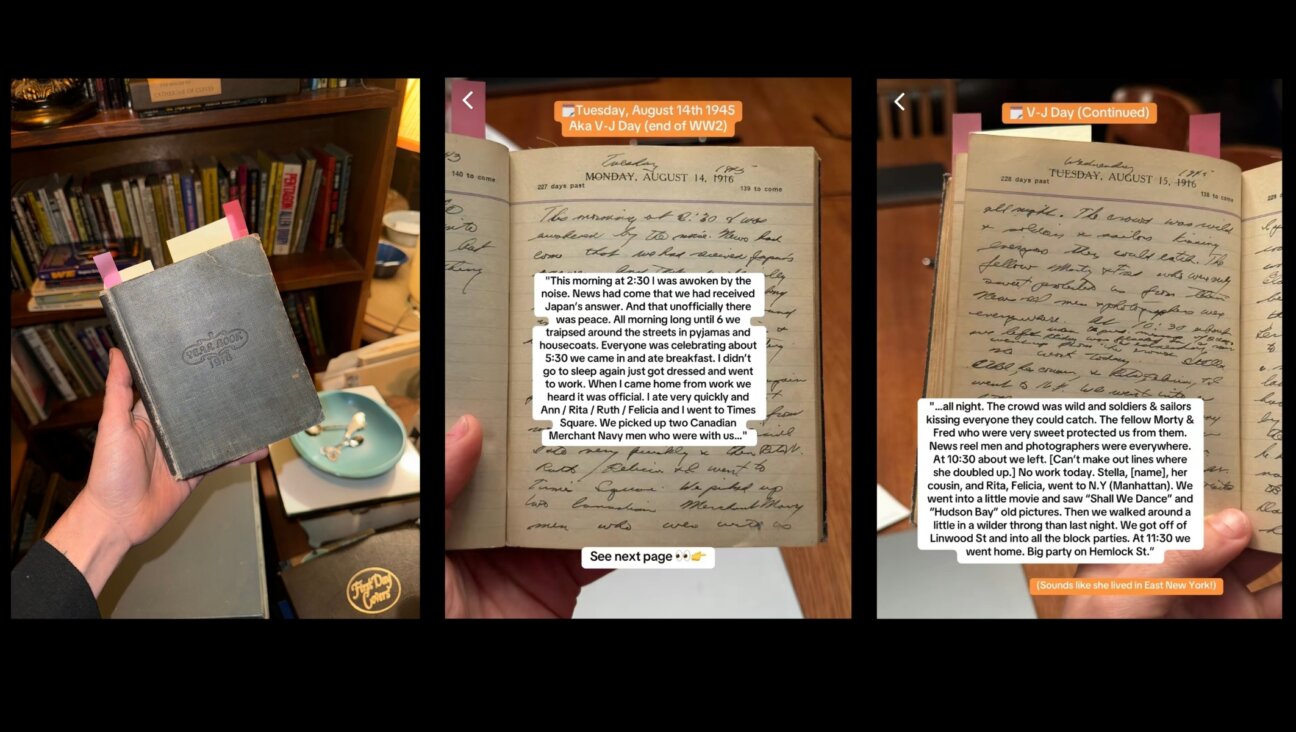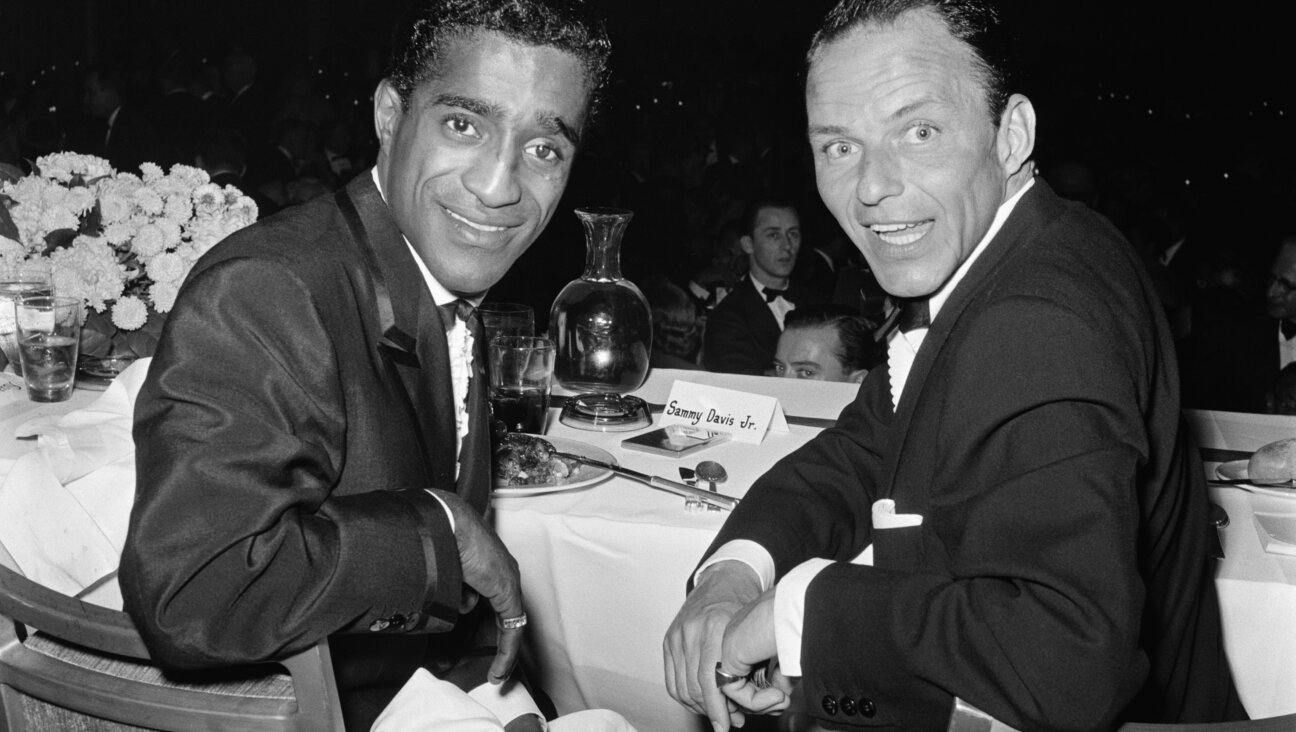Avigdor Lieberman’s Acquittal Stirs Doubts About Israel’s Anti-Corruption Fight

Charges Dismissed: Avigdor Lieberman had faced allegations that he had illicitly received millions of dollars from businessmen laundered through straw companies. Image by getty images
It was to be the misconduct case of the century and trumpet a message that the highest of ethical standards is expected in Israeli public life. But when proceedings against Avigdor Lieberman ended with his acquittal on November 6, Israel was left more cynical than ever about the state’s ability to fight corruption.
The saga was one of the juiciest in Israeli legal history. Lieberman, one of the most influential, if polarizing, figures in Israeli politics today, had been under police investigation for a decade-and-a-half on suspicion of various crimes. Among these was the allegation that he had illicitly received hundreds of millions of dollars from businessmen, laundered through straw companies headquartered abroad.
During the years of investigation into his affairs, he turned his party, Yisrael Beiteinu, into a major political force, and rose to become foreign minister — a position he has now resumed, after having taken a year’s hiatus to face the charges following his formal indictment.
But attorneys who worked the case for years felt they saw it falling apart before their eyes even before the judges took their seats. Despite the objections of state prosecutors Moshe Lador and Avia Alef, who headed the prosecution’s economic crimes department, their boss, Israel’s attorney general, closed the main line of inquiry and charged Lieberman only on an incidental alleged misdemeanor.
To Alef, Attorney General Yehuda Weinstein’s decision was a mistake: There had “never been a clearer case” for the main accusations, she told the Israel-based Markerweek magazine in May. But instead of a bombshell, the indictment, when it finally came late last year, was more of a firecracker.
Lieberman still faced the likelihood possibility of being barred from serving in public office if convicted. But instead of seeking to expose his financial dealings, the indictment merely accused the then- (and now again) foreign minister of trying to reward a diplomat who gave him a heads-up about confidential judicial inquiries into his affairs in 2008.
The judge, who in Israel decides cases rather than a jury, disputed fact after fact claimed by the prosecution. In the end, the prosecution was left clutching at one straw: Did Lieberman act improperly by failing to report his close relationship with the diplomat in question to the Foreign Ministry’s appointments committee? The judges said yes — but unanimously decided that it wasn’t a serious enough omission to convict him of breach of trust.
Among Israel’s leading jurists there is a feeling that the state prosecution gambled away the big case for what it saw as a safe bet — and lost. “This case was possibly the tip of an iceberg which will never be uncovered,” Michael Partem, vice chairman of the Movement for Quality Government in Israel, an anti-corruption group, told the Forward.
The watchdog organization has called for Weinstein’s resignation. The acquittal following the dropping of the main case “calls into question the whole decision-making process” regarding the investigation of public officials, Partem said. Weinstein has responded to critics, saying he did his “duty” of presenting a case and letting the court decide.
The contrast between Weinstein and his predecessor as attorney general, Menachem Mazuz has further fueled the criticism against Weinstein. Mazuz famously initiated cases related to two serving prime ministers. In 2005, Mazuz indicted the son of then prime minister Ariel Sharon on corruption charges related to a political campaign that his father ran six years earlier. That case ended with Omri Sharon’s conviction one year later. In late 2008, Mazuz indicted then prime minister Ehud Olmert in a case that ended last year with Olmert’s acquittal on the major charges but his conviction for breach of trust.
The anger toward the current attorney general reverberates at both ends of the political spectrum. The dovish Meretz party wants him investigated for closing the main Lieberman case, and the hawkish Legal Forum for the Land of Israel has demanded his resignation for dragging out a bad case for so long.
Lieberman’s hero’s welcome back to the government has rung alarm bells for some ethicists. Numerous politicians congratulated him, including President Shimon Peres and Prime Minister Benjamin Netanyahu, with no mention of the fact that while the court didn’t convict him, it did say that he acted improperly by failing to report to the Foreign Ministry’s appointments committee. There have been no significant public protests against his return as foreign minister.
“I would expect the public not to want him, but the public actually thinks that unethical politicians have some advantages,” said Yotam Lurie, an academic at Ben-Gurion University who specializes in Israeli ethics. The results of October’s local elections in Israel appear to support this theory. Voters in three municipalities elected mayors who have been indicted on corruption charges and will now be allowed to serve even though prior to the election, the high court had removed two of them from their posts.
“Machiavellian leaders are seen here as good leaders — they are not wimps,” Lurie said.
The Lieberman case, many commentators say, is but the latest blow in a series of defeats for the rule of law. Some point to the government’s continuing reluctance or inability to enforce the law against settlers who build illegal outposts and attack Palestinian residents in the West Bank. Others cite a recent plague of gangland killings that has exposed the growing strength of organized crime in some cities and the helplessness of police to deal with it. In Ashkelon on October 24, a car was blown up, killing a man; a week later, a man was injured in the same city as another car was blown up. Both men were reportedly apparatchiks in organized crime rings. Then, on November 7, the empty car of a prosecutor who had dealt with organized crime cases was bombed in Tel Aviv.
Among lawyers, the major concern is that the Lieberman judgment has exposed just how blunt the law’s teeth are, specifically those of the main law intended to prevent corruption among Israeli public figures.
Breach of trust is the general offense for which public figures can be indicted if they don’t act in accordance with prosecutors’ expectations — with “general” being the key word. The statute was inherited from the British authorities who ruled Mandatory Palestine prior to Israel’s establishment in 1948. But the term “general offense,” on which it turns, has hardly been defined by subsequent Israeli law, despite attempts to do so. To a large extent, judges are left to subjectively decide when it applies and when it doesn’t.
It’s “literally a judgment call,” according to Yoram Shachar, an Oxford-trained law professor at the Interdisciplinary Center in Herzliya. In relation to the Lieberman case, he said, “On exactly the same set of facts, a different group of judges could have easily found that this was breach of trust.”
In Shachar’s opinion, if breach of trust is so loosely defined, it becomes “no instrument at all to fight corruption.”
Emanuel Gross, a law professor at Haifa University, warned of the weakening threat that breach of trust indictments will pose to corrupt politicians in the future as a result of the Lieberman ruling. “We have a problem now,” he said. “Without being able to exercise this offense, breach of trust, in an efficient way, there is no possibility to fight corruption.”
Weinstein could appeal the Lieberman ruling, which was handed down by a magistrate’s court, in a district court and subsequently in the Supreme Court — but given the possibility of further humiliation if unsuccessful, he is thought unlikely to do so.
Jurists such as Gross hope that the legislative branch will step into the breach and create objective criteria for conviction. But some experts think that the significance of the Lieberman ruling is being overblown. Amir Fuchs, a researcher at the Israel Democracy Institute who co-wrote a book on breach of trust, said that while he would welcome a sharpening of the law’s definition, the court’s decision was “not such a dramatic acquittal.”
Still, even Fuchs said that the Lieberman case, coming on the heels of the Olmert case, in which the main charges against Olmert were rejected, could make prosecutors less willing to act in the future.
“It is a problem for corruption fighting in Israel,” he said. “These two cases can deter [prosecutors] from going to trial again.”
Contact Nathan Jeffay at [email protected]
A message from our Publisher & CEO Rachel Fishman Feddersen

I hope you appreciated this article. Before you go, I’d like to ask you to please support the Forward’s award-winning, nonprofit journalism during this critical time.
We’ve set a goal to raise $260,000 by December 31. That’s an ambitious goal, but one that will give us the resources we need to invest in the high quality news, opinion, analysis and cultural coverage that isn’t available anywhere else.
If you feel inspired to make an impact, now is the time to give something back. Join us as a member at your most generous level.
— Rachel Fishman Feddersen, Publisher and CEO






















